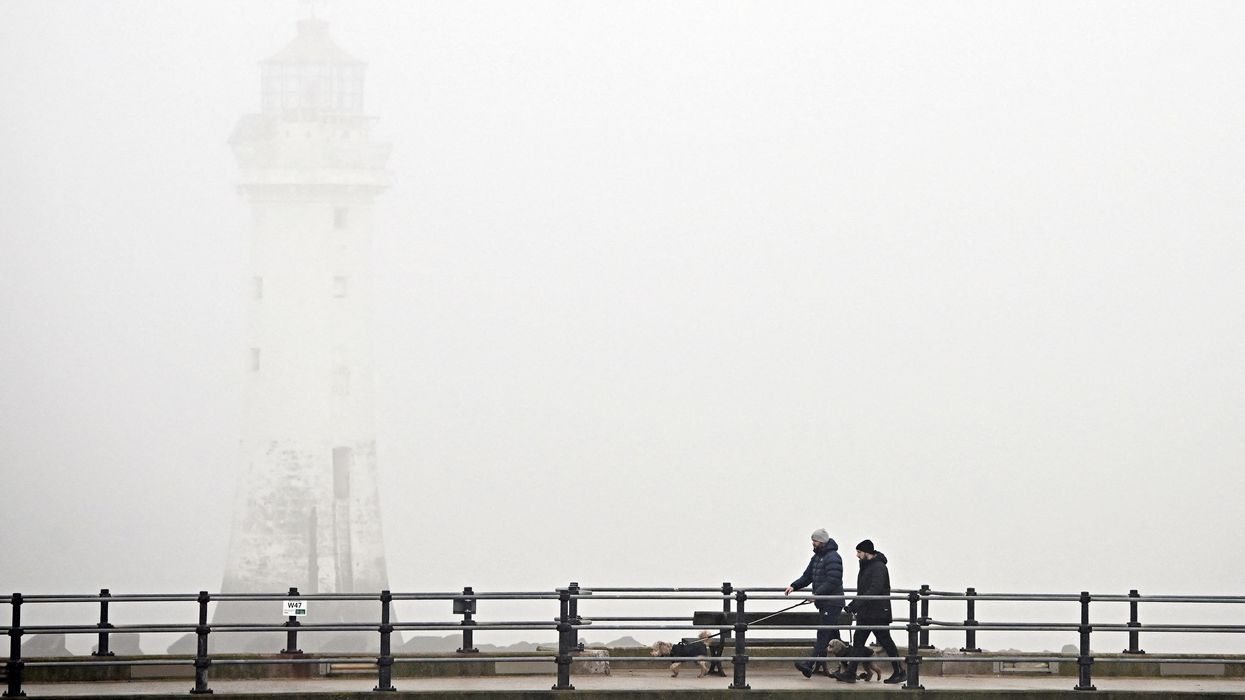Long queues formed outside banks in India on Thursday (November 10) as they reopened for the first time since the government’s shock decision to withdraw the two largest denomination notes from circulation.
Some banks in the capital New Delhi had received the new Rs 2,000 (£24) bill and a number of ATMs were working again, two days after prime minister Narendra Modi announced the Rs 500 and Rs 1,000 notes would no longer be legal tender in a blitz against tax evasion and corruption.
Modi’s Tuesday evening bombshell prompted a late night rush on cash machines as customers withdrew smaller notes from ATMs before they closed at midnight in preparation for the turnaround.
“I have only come here to check if I can change my old notes for a new currency even if I don’t have an account with the bank,” RP Singh, a newspaper vendor, said outside a bank in New Delhi.
“The real worry is how we will get essential daily supplies in the next few days as most people are short of those smaller denomination or new currency notes,” he added.
The government said customers would be able to exchange their old bills for new notes or deposit them in their accounts from Thursday.
However, it was unclear how many banks across the country – particularly in rural areas – had received the new Rs 2,000. Newly designed Rs 500 and Rs 1,000 bills will be rolled out at a later date.
“The country has around 125,000 bank branches and an extensive network of post offices in rural areas, which should be enough. Let the exchange process begin and we will see if more is required,” India’s finance minister Arun Jaitley said.
Meanwhile, the IMF said on Thursday it supports India’s efforts to fight corruption through the currency control measures announced this week, but stressed taking care to minimise disruptions in the economy.
“We support the measures to fight corruption and illicit financial flows in India,” IMF spokesman Gerry Rice told reporters.
“Of course given the large role of cash in everyday transactions in India’s economy, the currency transition will have to be managed prudently to minimize possible disruptions.”
Long queues formed outside banks across the country, with some people complaining that banks and post offices, where old notes can also be exchanged, hadn’t opened on time.
“We don’t know what they are doing, why they haven’t yet opened the bank? We have already been waiting for over two hours just to exchange our currency notes,” a customer outside a bank in Modinagar in the northern state of Uttar Pradesh told an Indian news channel.
The government has said that only tax dodgers will lose out from the move, the latest in a series of anti-corruption measures introduced by Modi.
Analysts largely welcomed the decision, saying that while consumer spending will likely dip in the short term as the new notes make their way into circulation, in the long run the move will boost GDP.


















 Tamil Nadu chief minister MK StalinGetty images
Tamil Nadu chief minister MK StalinGetty images
